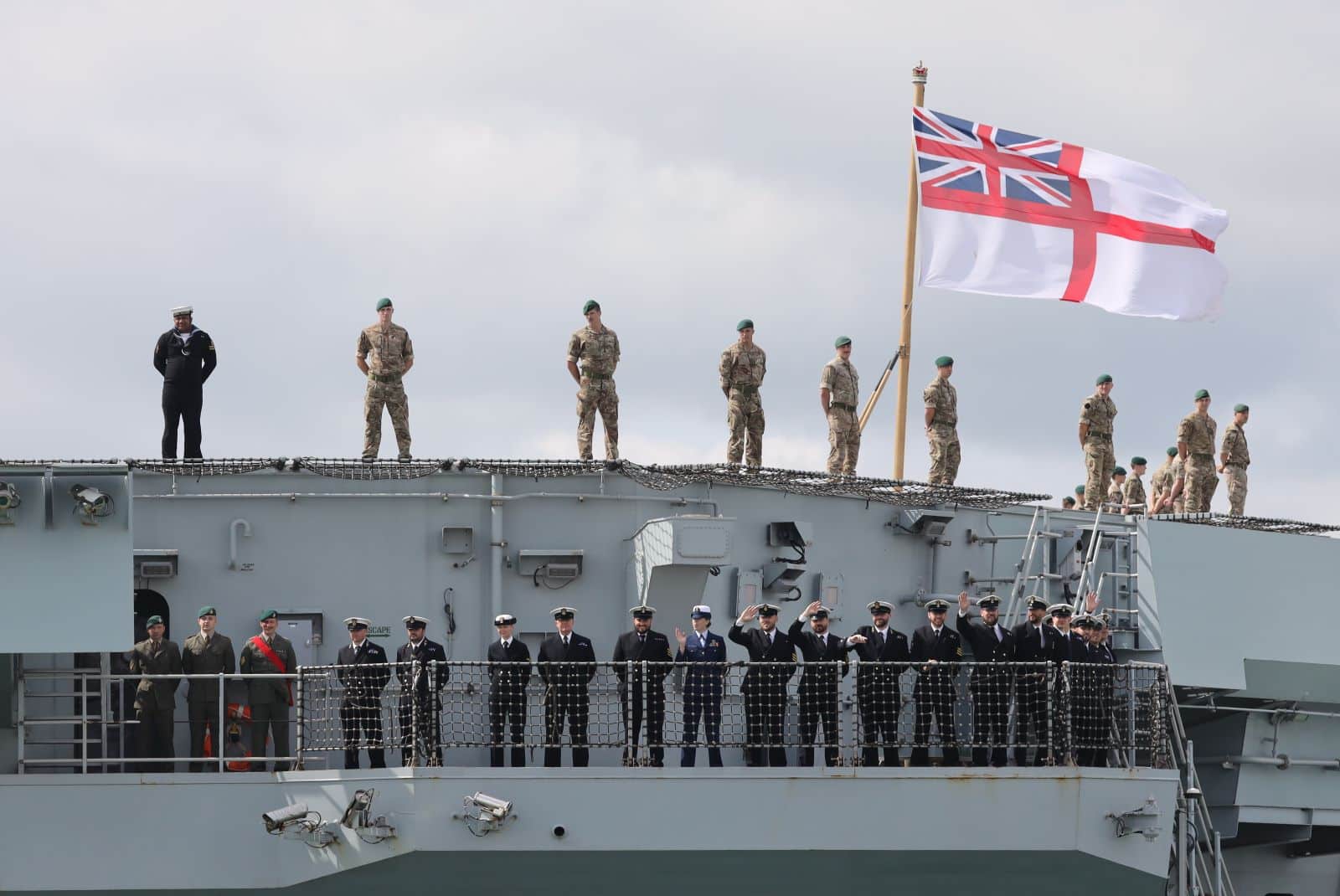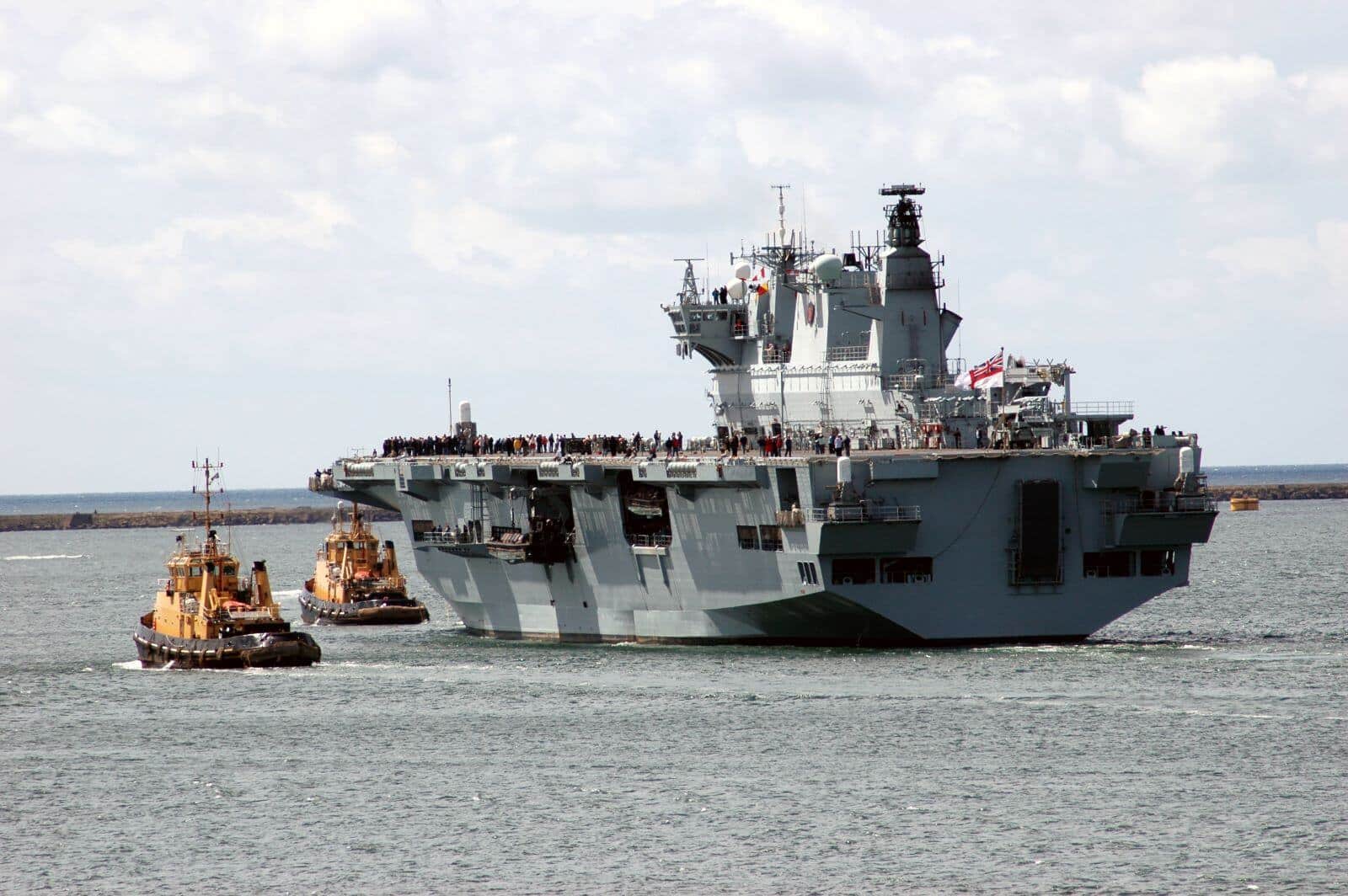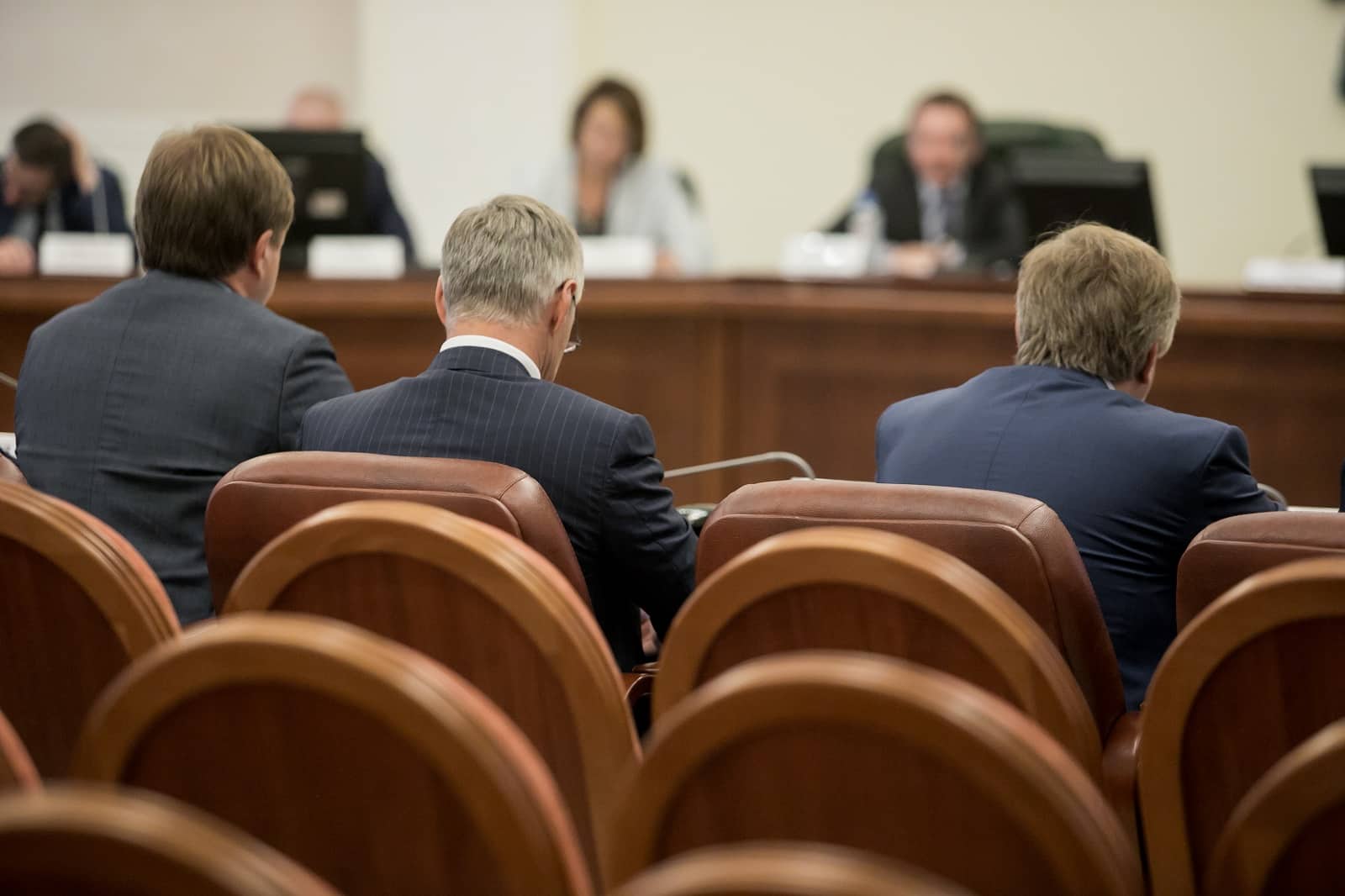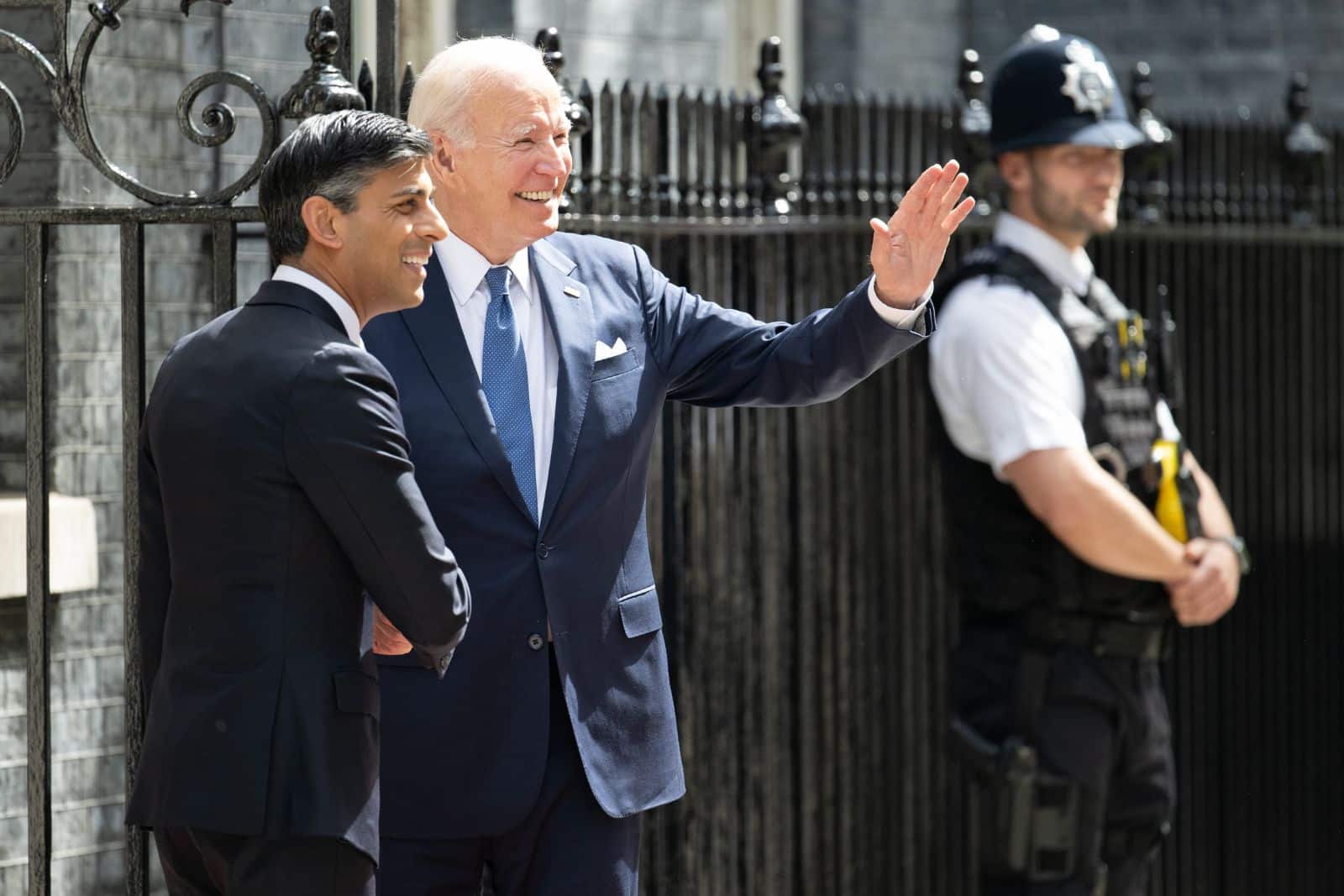A recent government report warned of the increasing risk to global security, while the UK’s military defences seem to be falling apart or still being built. Here’s the full story.
Failure to Launch

The UK military has not exactly covered itself in glory recently, following a test failure of the Trident missile system conducted by the Royal Navy in February aboard HMS Vanguard.
Strike Two

Worryingly, this is not the first time such an incident has occurred. In fact, it’s the second consecutive failure of the missile system, which has raised serious concerns about the reliability of the UK’s nuclear deterrent.
Splash Down

The most recent test failed due to a booster rocket malfunction, which caused the missile to veer off course and land in the sea near the HMS Vanguard.
Embarrassing Failure

The failure was deeply embarrassing for the UK and the US manufacturer of the Trident missile, Lockheed Martin Space Systems Company.
Expensive and Wet

Trident missile tests occur rarely due to their exorbitant costs, with each missile valued at the astronomical figure of £17 million. The HMS Vanguard had also recently finished a seven-year refit, which cost over £500 million.
Brave Face

Previous Defence Secretary Grant Shapps, who was onboard the HMS Vanguard to witness the spectacular failure to launch, tried to put a brave face on things.
Don’t Look Up

Shapps stated, “The test reaffirmed the effectiveness of the UK’s nuclear deterrent, in which the government has absolute confidence. The submarine and crew were successfully certified and will rejoin the operational cycle as planned.”
Nothing to Worry About

He continued, “On this occasion, an anomaly did occur, but it was event-specific, and there are no implications for the reliability of the wider Trident missile systems and stockpiles. Nor are there any implications for our ability to fire our nuclear weapons, should the circumstances arise in which we need to do so.”
Seems Unlikely

He also claimed the failure did not diminish the Trident missile systems capabilities, saying it was still “effective, dependable, and formidable.”
Somewhat Concerning

However, opposition parties were less concerned with the government’s acute embarrassment and voiced considerable apprehension about the effectiveness of the UK’s nuclear deterrent.
From Bad to Worse

With the UK’s dismal showing when it comes to our last line of defence, the latest government report should be considerable cause for concern.
You Don’t Say?

The latest Defence Command Paper on the UK’s nuclear deterrent warns that, due to growing hostility from adversary nations such as Russia, China, North Korea and Iran, “we are now in a period of heightened risk and volatility that is likely to last beyond the 2030s.”
“Nuclear Risks Are Rising”

Worryingly, in the document’s foreword, Rishi Sunak asserts that the UK’s Trident missile system “is more relevant now than ever before,” while Defence Secretary Grant Shapps cautions that “nuclear risks are rising.”
Missiles Are Not

The UK is undertaking a series of modernisation efforts to mitigate these risks, presumably the risks associated with the embarrassment of a third failed launch.
A Bargain at Any Price

These include replacing its ageing, but recently refurbished at great expense, Vanguard-class submarines with the more advanced Dreadnought-class submarines, a steal at around £8 billion each.
Fire Away

These eye-wateringly expensive submarines are equipped with state-of-the-art technology, which hopefully means that missiles can actually be launched.
Don’t Hold Your Breath

However, there are concerns about the timeline for deployment of the newest submarines, as they are not expected to be ready in under six years.
Amidst these challenges, the UK government has emphasised the importance of international partnerships in maintaining its nuclear deterrent.
When Does Brexit Not Mean Brexit?

The command paper clarifies that the government will continue its “important relationship with France, our European nuclear ally, cooperating on technology and nuclear deterrence challenges.”
Vive la France

France uses the M51.1 and M51.2 submarine-launched ballistic missile types on its submarines, so there is hope that theirs might actually work.
Missile Daddy

The UK’s Trident missiles are made in the US under the terms of a decades-long agreement, and the paper stresses that the UK will “continue to have a close partnership with our most important ally, the US, facilitated by the long-standing 1963 Polaris Sales Agreement and the 1958 Mutual Defence Agreement for broader cooperation and exchange.”
Agent Orange

However, there are serious concerns that, should Trump be reelected, his destabilising effect on global stability and security will be unpredictable at best, considering his long-standing scepticism about NATO.
As the UK attempts to remain a world power despite the vast number of problems at home, its growing distance from the EU and concerns over the reliability of its “most important ally,” serious questions are beginning to be asked about the nation’s ability to defend itself.
When Will You Start?

In his foreword to the latest command paper, Former Prime Minister Rishi Sunak made his views clear: “The first duty of the state is to protect its people, territory, economy and interests from internal and external threats.” Will Starmer take security seriously?
Don’t Push The Button

Considering the missile failures, the current ageing submarine fleet, the length of time before the new class of submarines will be ready, and the growing instability caused by the country’s adversaries and, possibly, its allies, the most important question will remain: Can the UK protect its citizens in an increasingly hostile world? Hopefully, we will never have to find out.
Featured Image Credit: Shutterstock / Sandor Szmutko.

